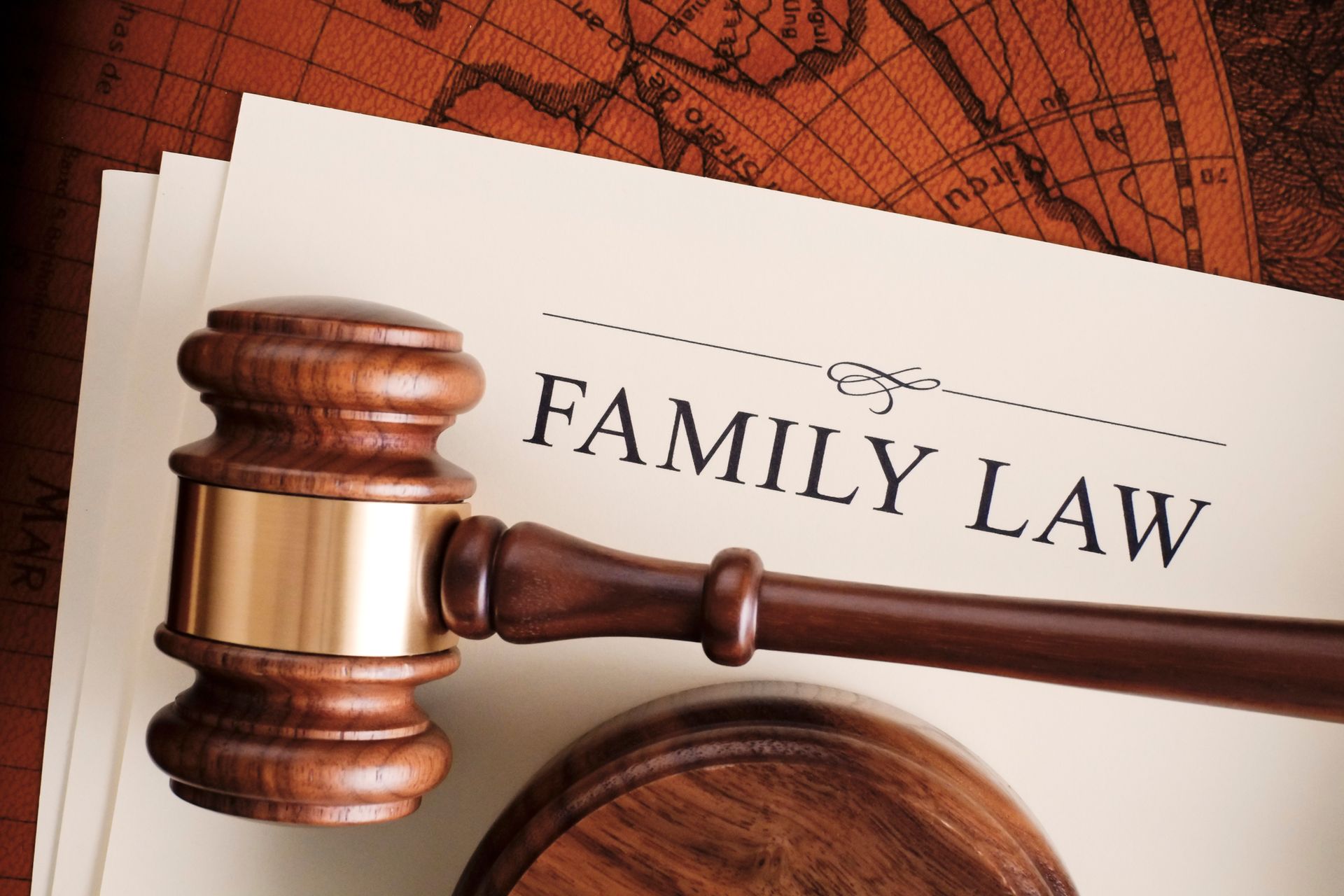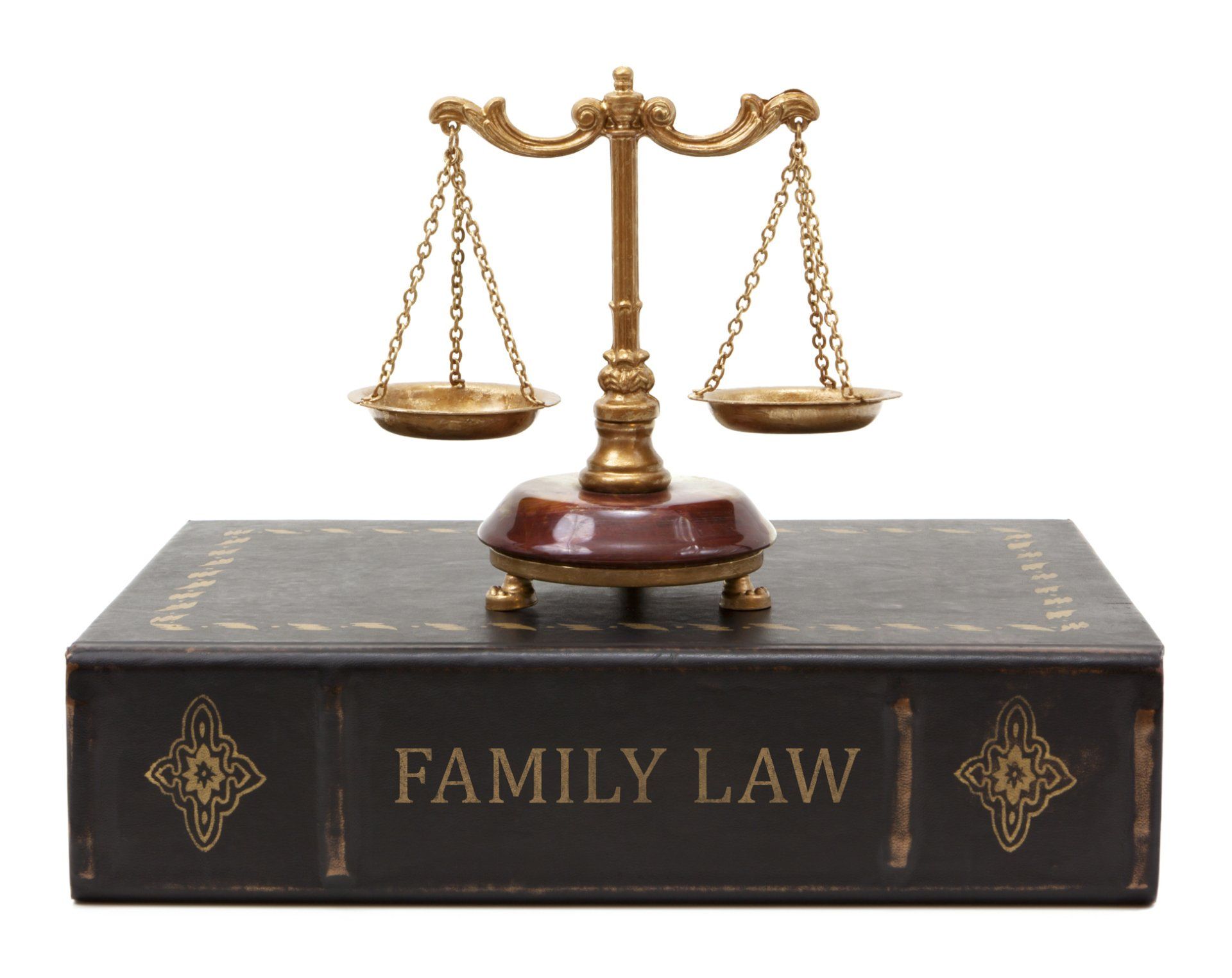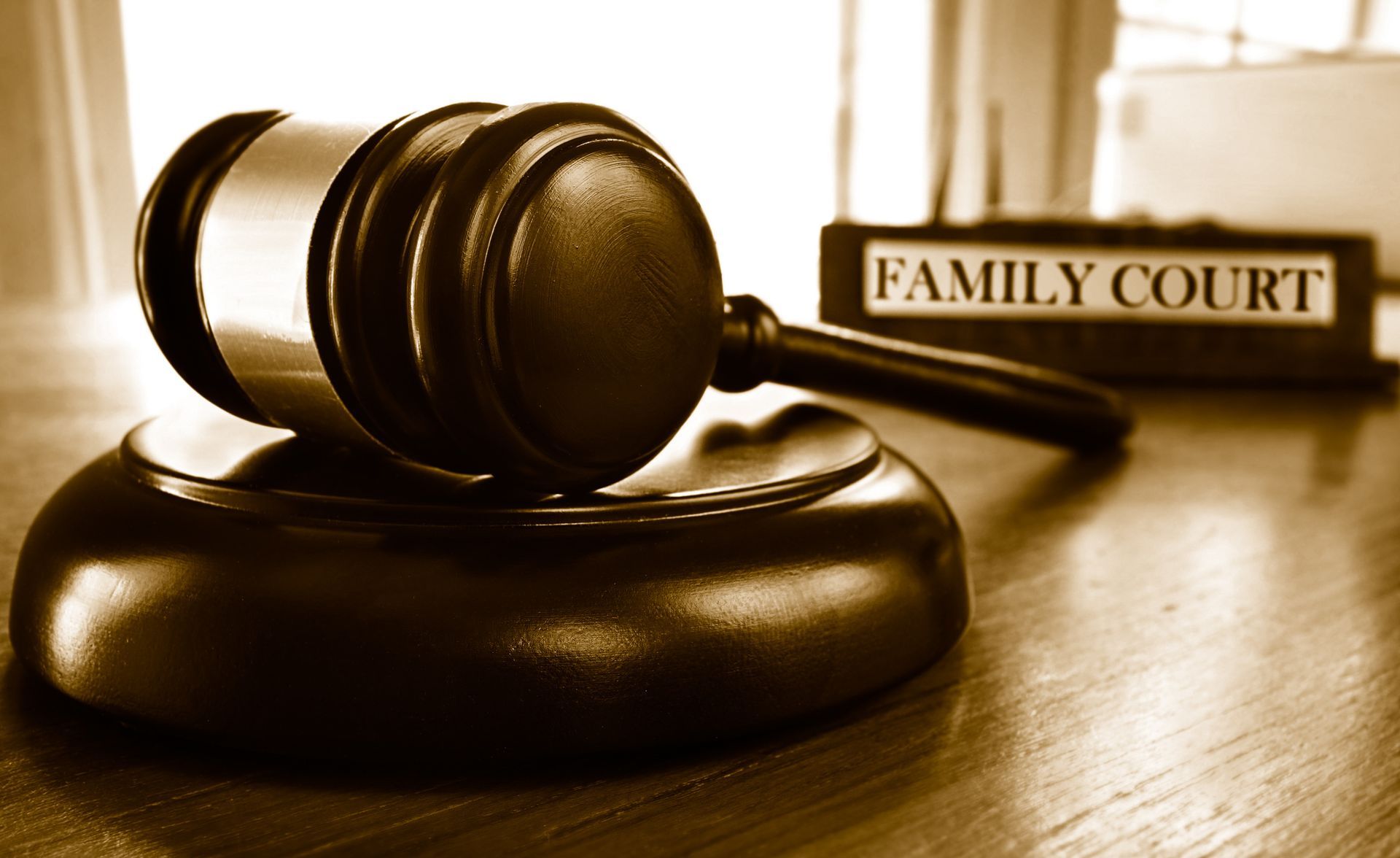How Will Divorce Affect 401k Retirement Accounts?
How Will Divorce Affect 401k Retirement Accounts?

A 401k (or other similar retirement vehicle like an IRA, pension, or annuity), is among the most valuable and complicated marital property in divorce. Due to its status as a retirement asset, many divorcing couples initially overlook it. When asked to list marital property, a divorcing spouse remembers this account may have been regularly funded throughout the marriage. What was a comfortable nest egg for retirement becomes a marital asset that must be divided with an ex-spouse.
When dealing with a 401k during divorce, a family lawyer and accountant are highly recommended to help you understand exactly how it is divided. Three steps are involved in dividing a 401k during divorce beginning with the ordering of a division of the 401k through the final divorce judgment. The account holder or family law attorney must then draft a Qualified Domestic Relations Order (QDRO) telling the 401k plan administrator how to divide the asset. The QDRO must be approved and signed by a family court judge and the plan administrator.
A QDRO lists the non-owner spouse as an alternate payee for the 401k. When collecting the entitled amount, this individual (the non-owner spouse) has three alternatives: cash payment, rolling the amount into his or her retirement plan, or leaving the amount in the existing plan and taking the distribution when the owner retires. Cash payment without tax penalty is only available at the time of QDRO approval and must be discussed with the retirement accounts plan administrator prior to entering any order in court.
Underscoring the importance of the QDRO is the fact a divorce decree is not sufficient for ordering 401k division. If the owner of the 401k dies before a QDRO is approved and fulfilled, the recipient spouse risks losing the financial benefit. Therefore, the individual should have a family law attorney prepare and enter the QDRO and file it with the judge once the divorce is finalized.
Understanding the basics of how a 401k is divided during divorce is only one part of understanding your rights regarding your retirement savings. There are some ways to protect a portion of your retirement assets from being divided during the divorce process.
Frequently, people contribute to retirement accounts during their working years, watching their investments earn returns. When they retire, they receive periodic payments that fund their lifestyles. The thought that this money may need to be shared with a former spouse can be unbearable. However, this is usually the case when the account was funded during the married years. However, there are ways to protect a 401k and other retirement plans during divorce.
A prenuptial agreement is the easiest protection method because it allows a couple to establish marital and nonmarital property prior to getting married. Marital property is subject to division during divorce but nonmarital assets are not. A family law attorney can help an individual draft a prenuptial agreement stating that the 401k will be considered a nonmarital asset should the couple divorce. The document can also specify that 401k contributions during the marriage are nonmarital property.
Unfortunately, many couples enter marriage without considering the possibility of divorce, so they do not draft prenuptial agreements. Fortunately, there are still ways to avoid dividing retirement in divorce. Contact Kaminski & Pozorski, a family law attorney immediately after deciding to divorce and ask when state divorce laws will allow voluntary 401k contributions to cease. It can take months or years to finalize a divorce and all 401k contributions made during this time will be considered marital property in divorce.
If the 401k account was established prior to the marriage, state divorce laws may permit exclusion of pre-marital contributions and earnings. The owner will receive these funds and only contributions made during the marriage will be subject to division. In this situation, it is important to maintain detailed records regarding the account so its pre-marital value can be established.
With proper planning and good recordkeeping, it is possible to protect some or all the 401k account from property division in divorce. Retaining a family law attorney prior to getting married or consulting one promptly after deciding to end the marriage prevents a 401k account holder from losing half of the funds during divorce. Retirement years will be happy and comfortable, not filled with financial worry. The only sure way to know that a proper division of retirement accounts has taken place and too little or not enough divided is to work with a local expert family law attorney,
Kaminski & Pozorski located in Manitowoc at
920-684-6694, they understand the different possibilities that exist.

















